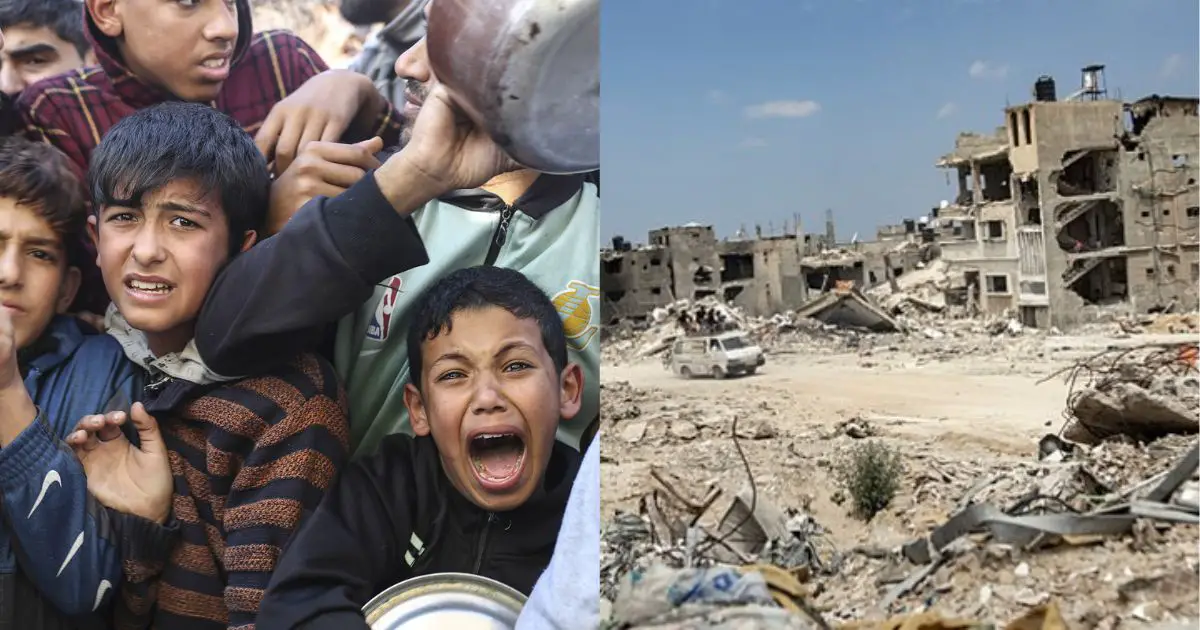The ongoing conflict between Israel and Gaza has once again brought the region to the brink of humanitarian catastrophe. As casualties mount and tensions escalate, the need for a lasting cease-fire becomes increasingly urgent. In this article, we delve into the latest developments in the conflict, focusing on Cairo’s intensified efforts to negotiate a cease-fire and secure the release of hostages.
According to Hamas, its delegation is departing in a “positive spirit” having reviewed the most recent cease-fire agreement. “We are determined to secure an agreement in a way that fulfils Palestinians’ demands,” added the statement.
According to US Secretary of State Antony Blinken, “taking the ceasefire should be a no-brainer” for the extremist organization. The long-running negotiations between Qatar and Egypt, which aimed to temporarily halt Israel’s offensive in Gaza in exchange for the release of captives, have resumed with Hamas negotiators back in the Egyptian capital.
Hamas stated that it wished to “mature” the deal on the table in a statement issued last night, implying that there are still points of contention between the two parties. It seems that the primary concern is whether the agreement to end hostilities would be long-term or short-term. Israel is unwilling to consent as long as Hamas is in control of Gaza, despite the group’s insistence that any agreement include a clear commitment to ending the conflict. It is believed that the language under discussion calls for the release of some Palestinian inmates detained in Israeli jails as well as a 40-day ceasefire during which hostages would be freed.
Even in the event that an agreement is reached, Israeli Prime Minister Benjamin Netanyahu has consistently stated that there will be a new military ground operation in the southern Gazan city of Rafah. Despite the most recent round of negotiations, Israeli media reported on Saturday that his attitude remained unchanged.
However, the US, Israel’s largest military and diplomatic partner, has insisted on seeing a plan to safeguard displaced Palestinians before it will support a new attack that might result in severe civilian casualties. Rafah has been the safe haven for an estimated 1.4 million people who fled the conflict in the strip’s northern and central regions.
Member of Israel’s war cabinet minister Benny Gantz addressed the possibility of a truce on Saturday, stating: “We have not yet gotten an official answer to the idea. The war management cabinet will convene and deliberate upon it upon acceptance. Until then, I advise all decision-makers, including “political sources,” to wait for official updates, act composedly, and avoid becoming enthralled for political reasons.”
According to two US sources who talked to CBS News, the US news partner of the Worlds News Paper, Williams Burns, the director of the US Central Intelligence Agency (CIA), has traveled to Cairo to assist in mediating the most recent negotiations.
Another important player in the talks, Mr. Blinken made another trip to Israel this week to see Mr. Netanyahu. “Hamas is the only thing standing between the people of Gaza and a ceasefire,” stated Mr. Blinken at a speech on Friday in Arizona.
The cease-fire negotiations have been going on for months now, with no progress. Since the end of November, there has not been a break in hostilities or a release of hostages. During that time, there have been times when it appeared as though a new agreement would soon be reached, but the arrangement fell through before it could be finalized.
Caution is required even in this most recent round of conversations. The Worlds News Paper was informed by a source with knowledge of the negotiations that they were still complicated and that any progress might take many days.
According to a source who spoke to the Washington Post, if Hamas refused to accept a ceasefire, the US had asked Qatar to remove the organization’s senior leadership.
After attacks on southern Israeli settlements and military bases by Hamas and other Palestinian militant groups, which resulted in at least 1,200 fatalities and more than 250 hostages being taken hostage, the war broke out.
Figures from the Hamas-run health ministry show that 34,654 Palestinians have died and 77,908 have been injured during the ensuing Israeli military campaign in Gaza.

